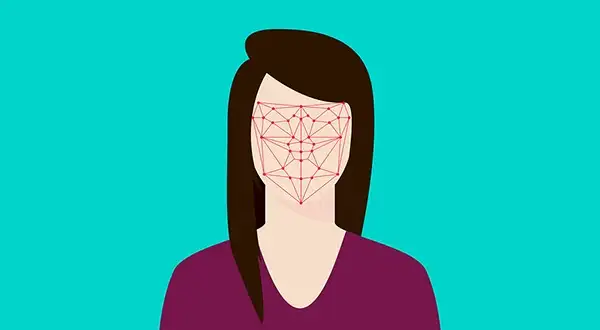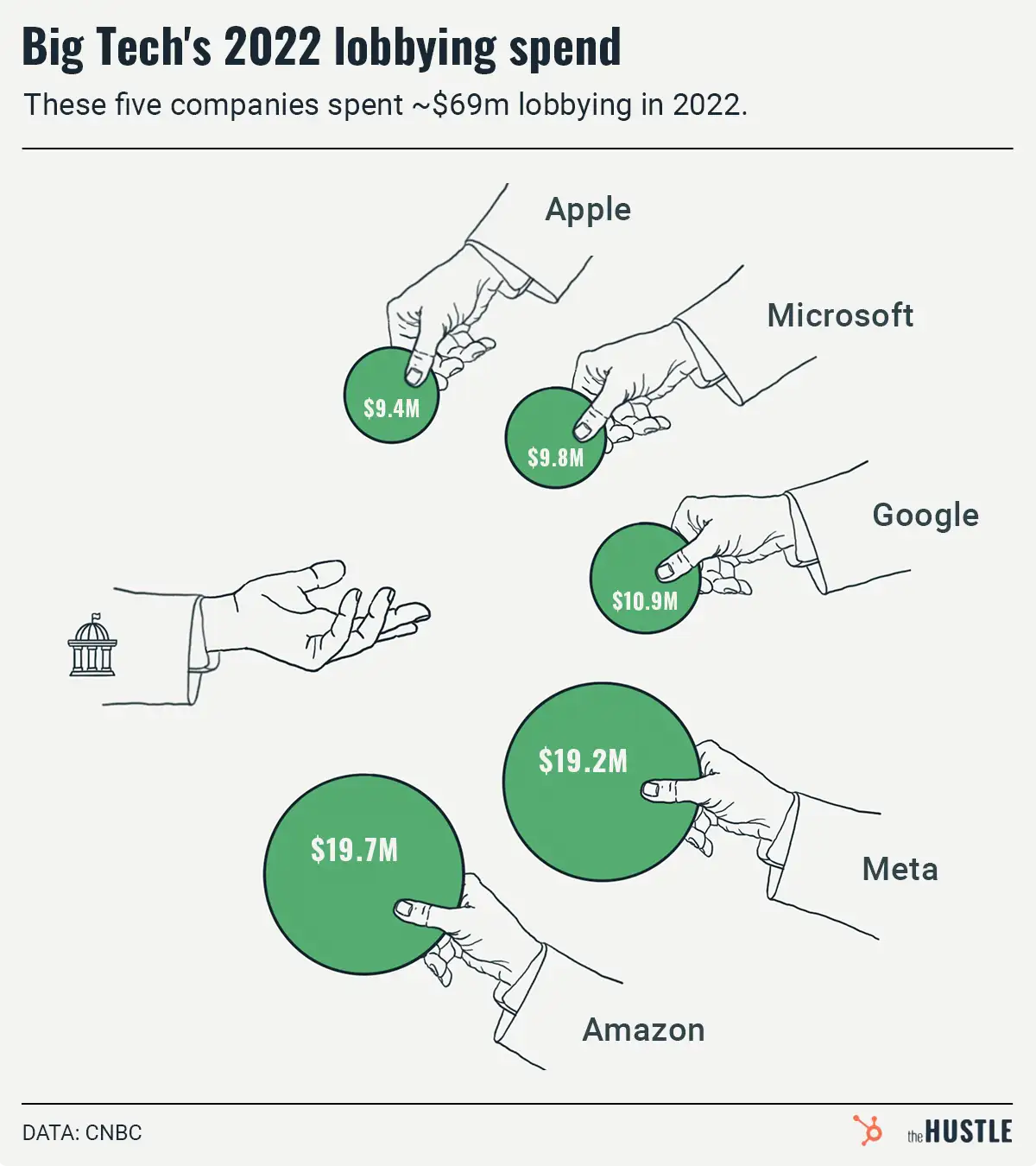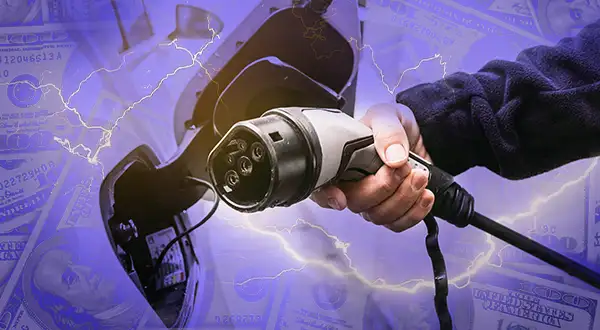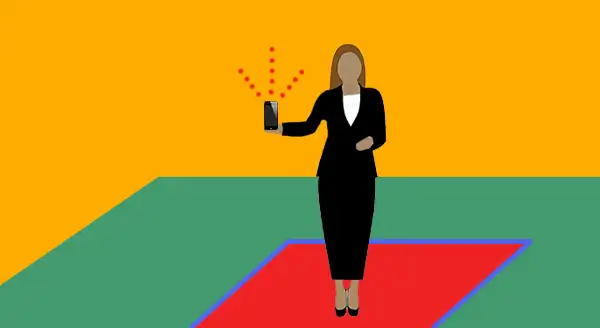There’s been a lot of controversy over facial recognition software. It’s a little creepy, sure, but activists are also ringing alarm bells about privacy and misidentification.

And recently, a key battle involved everyone’s favorite federal agency: the IRS.
The backstory
In January, the IRS announced it would use facial recognition to verify online users’ identities. Notably, taxpayers don’t have to use the IRS’s website, but it’s useful to see past returns or get info about child tax credit payments.
Users provide an ID photo — passport, driver’s license, etc. — and a selfie, which is cross-checked by ID.me, a 3rd-party facial recognition software company.
But there was a ton of backlash, leading the IRS to reverse course. On Feb. 21, it announced live video chat with agents as a new option, in addition to facial recognition.
Why the backlash?
While an ID.me spokesperson argued that the software would give people without a credit history access to online services and prevent fraud, activists and researchers have identified several problems:
- It’s less accurate when identifying people of color, especially Black women
- It forces people to hand over biometric data to private companies
- It puts biometric data at risk in the event of a breach, which could lead to identity theft, harassment, or stalking
- It can be inaccessible: one Virginia man couldn’t unfreeze his unemployment benefits for months due to poor cell service
Activists are using the win with the IRS to push for other agencies to drop the tech, currently in use by the Social Security Administration, Veterans Association, and, per CNN Business, the US Patent and Trademark Office.
It’s also used by law enforcement agencies…
… which can have devastating consequences. At least 3 people — all Black men — have been wrongfully arrested thanks to incorrect AI.
One of them spent 10 days in jail and is now suing his city, prosecutor, and police department. Another lost his job.
And although it’s far from the worst face ID fails, here’s the iPhone X’s software totally bombing during its big product launch.










